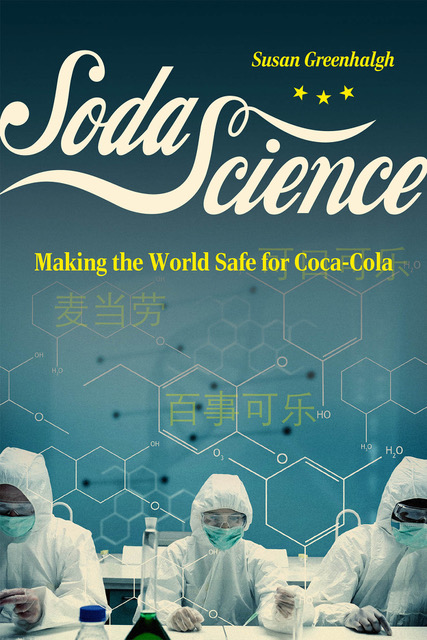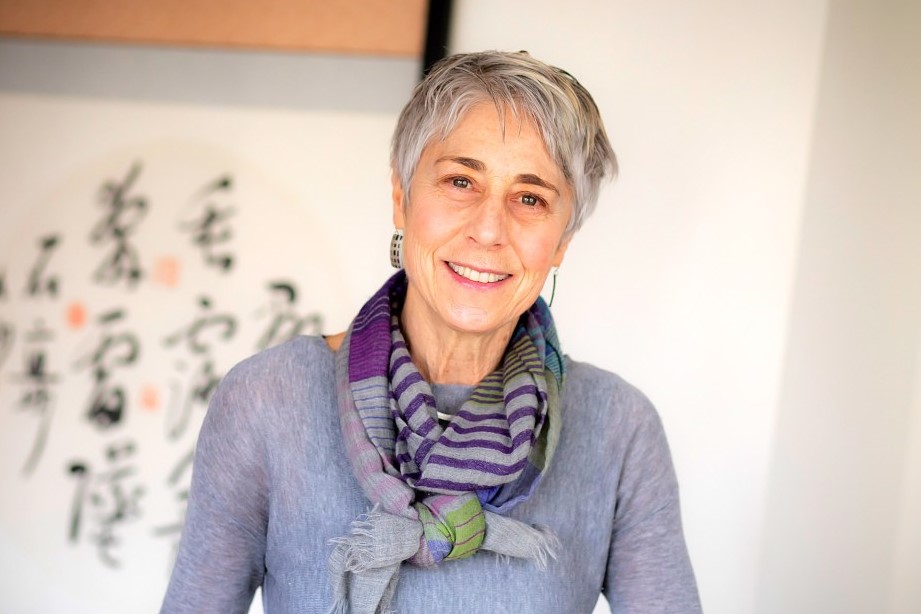Oct 31, 2024
Soda Science: Making the World Safe for Coca-Cola
- 14:00 to 15:30
- Book Presentation
- Lise Meitner Research Group
- Susan Greenhalgh
Takes readers deep inside the secret world of corporate science, where powerful companies and allied academic scientists mold research to meet industry needs.

Book Cover of Soda Science
The 1990s were tough times for the soda industry. In the United States, obesity rates were exploding. Public health critics pointed to sugary soda as a main culprit and advocated for soda taxes that might decrease the consumption of sweetened beverages—and threaten the revenues of the giant soda companies.
Soda Science tells the story of how industry leader Coca-Cola mobilized allies in academia to create a soda-defense science that would protect profits by advocating exercise, not dietary restraint, as the priority solution to obesity, a view few experts accept. Anthropologist and science studies specialist Susan Greenhalgh discovers a hidden world of science-making—with distinctive organizations, social networks, knowledge-making practices, and ethical claims—dedicated to creating industry-friendly science and keeping it under wraps. By tracing the birth, maturation, death, and afterlife of the science they made, Greenhalgh shows how corporate science has managed to gain such a hold over our lives.
Spanning twenty years, her investigation takes her from the US, where the science was made, to China, a key market for sugary soda. In the US, soda science was a critical force in the making of today’s society of step-counting, fitness-tracking, weight-obsessed citizens. In China, this distorted science has left its mark not just on national obesity policies but on the apparatus for managing chronic disease generally. By following the scientists and their ambitious schemes to make the world safe for Coke, Greenhalgh offers an account that is more global—and yet more human—than the story that dominates public understanding today.
Coke’s research isn’t fake science, Greenhalgh argues; it was real science, conducted by real and eminent scientists, but distorted by its aim. Her gripping book raises crucial questions about conflicts of interest in scientific research, the funding behind familiar messages about health, and the cunning ways giant corporations come to shape our diets, lifestyles, and health to their own needs.
Biography
Contact and Registration
This event is open to all and accessible via Zoom.
Please register at the following link:
https://eu02web.zoom.us/meeting/register/u5cud--gqzopGNa1PupNeGC9cUzZBzbyMgdk#/
For further information, please contact Dr. Franziska Fröhlich (fmfroehlich@mpiwg-berlin.mpg.de).

